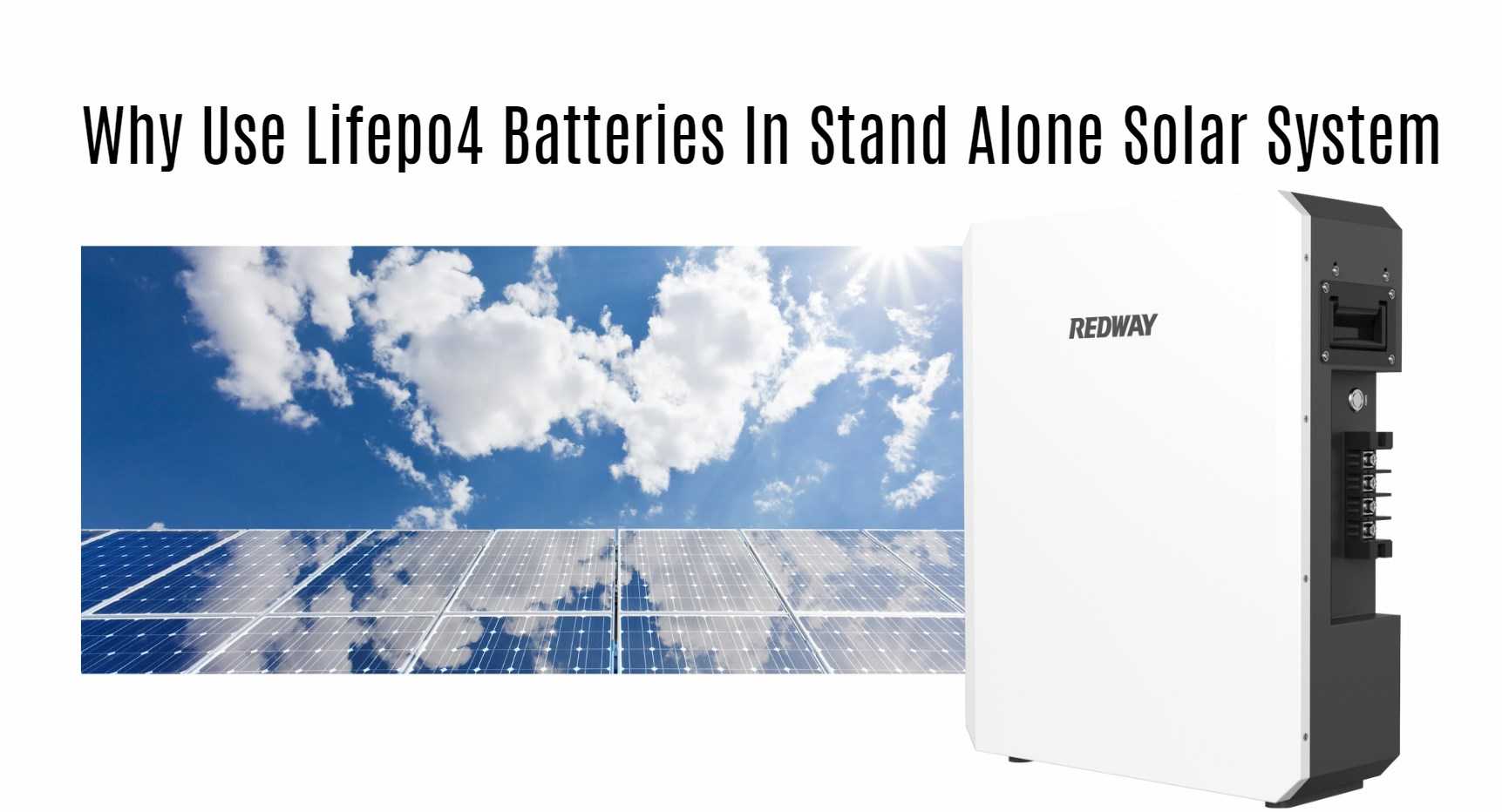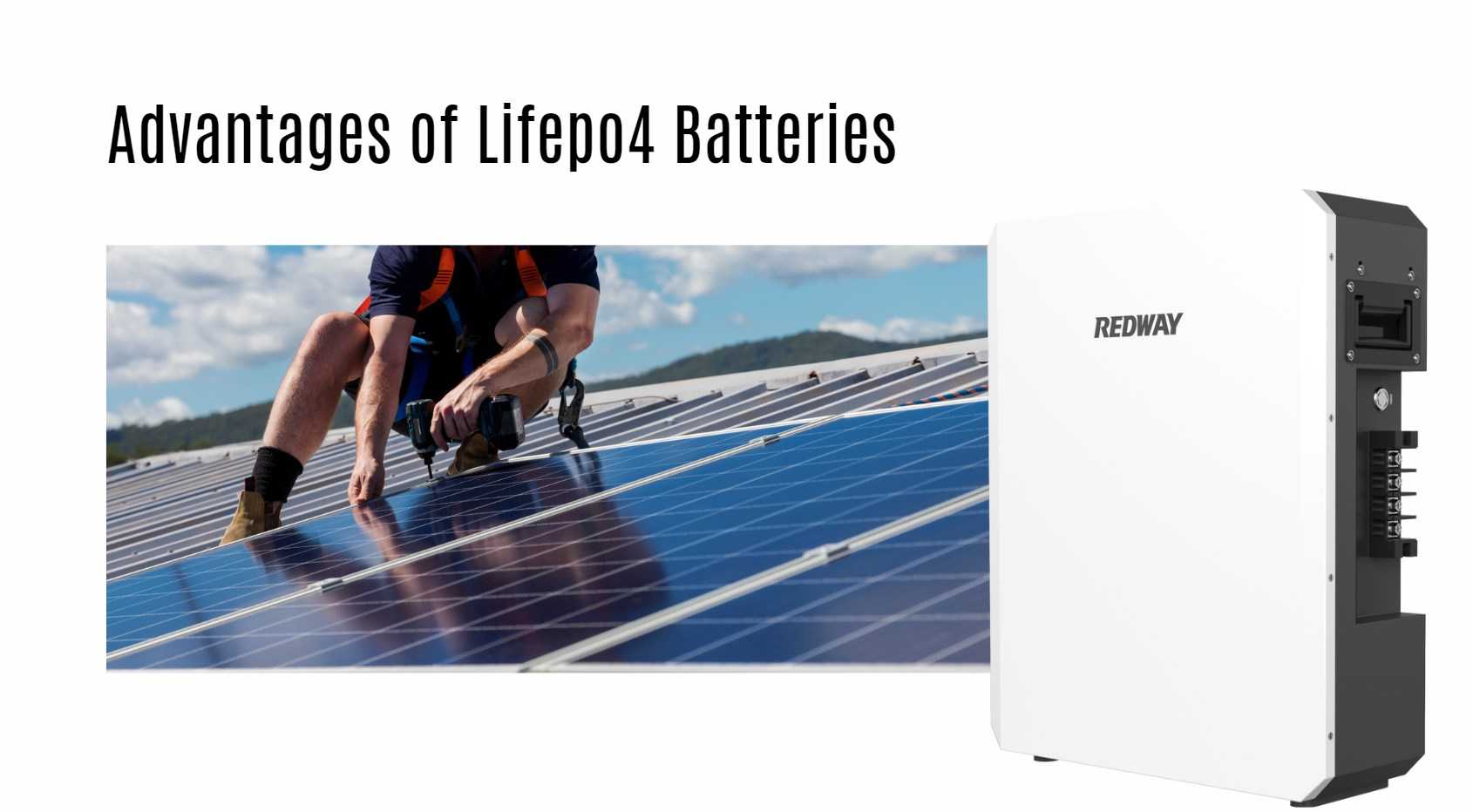-
Solar Panel Energy Generation:
Solar panels play a vital role in generating clean energy from sunlight. During the day, they collect energy from the sun and convert it into electrical energy in the form of direct current (DC). This energy serves as the primary source for powering various devices and systems. -
Energy Storage in LiFePO4 Batteries:
The electrical energy generated by solar panels needs to be stored for later use. LiFePO4 batteries act as energy storage units, capable of efficiently storing and retaining the electrical energy. These batteries have a high energy storage capacity, allowing for reliable power supply even during periods of low sunlight or at night. -
Charge Controller Optimization:
To ensure efficient energy utilization, a charge controller is employed in the connection between the solar panels and the LiFePO4 batteries. The charge controller optimizes the charging and discharging process, regulating the flow of energy to and from the batteries. This optimization minimizes energy loss during the conversion, maximizing the overall efficiency of the solar system.
In this blog post, we’ll explore why using Lifepo4 batteries is a smart choice for anyone looking to maximize their solar energy savings while reducing their impact on the environment. So buckle up and let’s dive into the world of Lifepo4 batteries!
How do Lifepo4 Batteries Work in Solar Systems?
-
Solar Panel Energy Generation:
Solar panels play a vital role in generating clean energy from sunlight. During the day, they collect energy from the sun and convert it into electrical energy in the form of direct current (DC). This energy serves as the primary source for powering various devices and systems. -
Energy Storage in LiFePO4 Batteries:
The electrical energy generated by solar panels needs to be stored for later use. LiFePO4 batteries act as energy storage units, capable of efficiently storing and retaining the electrical energy. These batteries have a high energy storage capacity, allowing for reliable power supply even during periods of low sunlight or at night. -
Charge Controller Optimization:
To ensure efficient energy utilization, a charge controller is employed in the connection between the solar panels and the LiFePO4 batteries. The charge controller optimizes the charging and discharging process, regulating the flow of energy to and from the batteries. This optimization minimizes energy loss during the conversion, maximizing the overall efficiency of the solar system.
Advantages of Lifepo4 Batteries
-
Longer Lifespan:
LiFePO4 batteries have a longer lifespan compared to other battery chemistries. They can withstand a higher number of charge-discharge cycles, making them more durable and cost-effective in the long run. This longevity ensures reliable and long-lasting power storage. -
Improved Safety Features:
One of the significant advantages of LiFePO4 batteries is their improved safety features. They are less prone to thermal runaway, reducing the risk of fire or explosion. This makes them a reliable and secure choice for various applications, providing peace of mind. -
Fast Charging:
LiFePO4 batteries have the ability to charge at a faster rate compared to other battery types. This allows for quicker charging times and shorter downtime, ensuring a more efficient and convenient power supply. Fast charging capabilities enhance productivity and convenience. -
Wider Operating Temperature Range:
LiFePO4 batteries can operate effectively in a wider range of temperatures compared to other batteries. They can withstand both high and low temperatures, making them suitable for use in various climates and environments. This versatility ensures reliable performance in diverse conditions. -
High Energy Efficiency:
LiFePO4 batteries have a high energy efficiency, meaning they can store and release energy with minimal loss. This translates to better overall performance and higher energy utilization. High energy efficiency maximizes the effectiveness and reliability of power storage. -
Smaller and Lighter Size:
LiFePO4 batteries are smaller and lighter compared to traditional lead-acid batteries. This compact and lightweight design makes them easier to integrate into different systems or applications. The smaller size allows for more flexible installation options. -
Reduced Maintenance Requirements:
LiFePO4 batteries require less maintenance compared to other battery types. They don’t require priming and have no memory effect, resulting in less frequent maintenance tasks and lower overall maintenance costs. Reduced maintenance requirements save time and resources.
Disadvantages of Lifepo4 Batteries
-
Lower Energy Density:
One of the main drawbacks of LiFePO4 batteries is their lower energy density compared to other lithium-ion chemistries. This means that they store less energy per unit of volume or weight. It’s important to consider the available physical space and desired energy storage capacity when choosing LiFePO4 batteries. -
Higher Cost:
LiFePO4 batteries tend to be more expensive compared to other lithium-ion battery chemistries. The materials used in LiFePO4 batteries, such as lithium iron phosphate, are relatively costly. The higher cost can be a limiting factor for applications with budget constraints. It’s essential to consider the overall project budget and cost-effectiveness when evaluating LiFePO4 batteries. -
Potential Low-Temperature Performance Issues:
LiFePO4 batteries may exhibit reduced performance in low-temperature conditions. At extremely low temperatures, the battery’s capacity and overall performance may decrease. However, it’s important to note that advancements in battery manufacturing processes can help mitigate this drawback. It’s recommended to consider the specific temperature requirements of your application and consult with battery experts for optimal performance in low-temperature environments. -
Larger Size and Weight:
Compared to other battery types, LiFePO4 batteries are generally larger and heavier. This can be a disadvantage in applications where space and weight are critical factors. The larger size and weight may require additional considerations for installation, transportation, and overall system design. It’s important to assess the available space and weight limitations when choosing LiFePO4 batteries.
Are Lifepo4 Batteries the Right Choice for Your Solar System?
-
High Energy Density:
LiFePO4 batteries have a high energy density, meaning they can store a significant amount of energy in a compact size. This is beneficial for solar systems, as it allows for efficient energy storage and maximizes the utilization of available space. With LiFePO4 batteries, you can optimize the energy storage capacity of your solar system. -
Long Lifespan:
One of the key advantages of LiFePO4 batteries is their long lifespan. They can withstand a higher number of charge-discharge cycles compared to other battery chemistries, making them durable and cost-effective in the long run. By choosing LiFePO4 batteries, you can ensure reliable and long-term performance for your solar system. -
Safety Features:
LiFePO4 batteries are known for their safety features. They have a lower risk of thermal runaway, which reduces the chances of fire or explosion. This makes them a reliable and secure choice for solar systems, providing peace of mind and ensuring the safety of your property and surroundings. -
Off-Grid and Residential Applications:
LiFePO4 batteries are suitable for both off-grid and residential solar systems. In off-grid applications, where there is no access to the grid, LiFePO4 batteries provide a reliable power source, ensuring continuous energy supply. In residential systems, LiFePO4 batteries offer high energy density, allowing for efficient energy storage and utilization.
In conclusion though there are many advantages of using lifepo4 batteries over traditional options like AGM/lead-acid; ultimately only you can decide what works best based on specific circumstances/preferences!
Conclusion
To sum up, Lifepo4 batteries are a great choice for stand-alone solar systems due to their numerous advantages. They offer high energy density, longer lifespan, and better thermal stability compared to other battery types. Additionally, they have a low self-discharge rate and can be charged quickly.
Despite the higher initial cost of purchasing these batteries, they will save you money in the long run since you won’t need to replace them as frequently as other battery types. Moreover, their efficiency means that you’ll get more out of your solar panels.
When choosing the right type of battery for your standalone solar system, it’s vital to consider factors such as storage capacity requirements and budget constraints. However, if you’re looking for superior performance and durability at an affordable price point over time – then Lifepo4 batteries are definitely worth considering.
If you want your off-grid power system to perform optimally while remaining eco-friendly with minimal maintenance required – then using Lifepo4 Batteries is indeed a wise decision!




